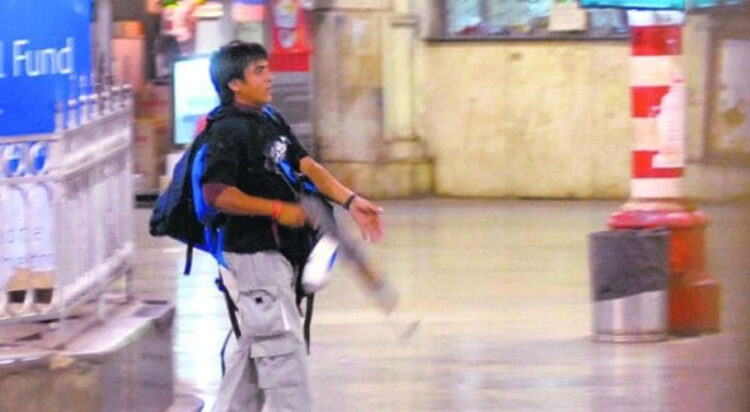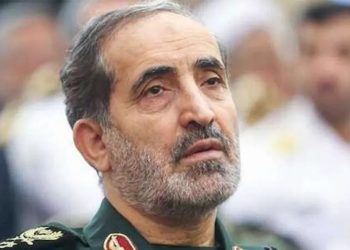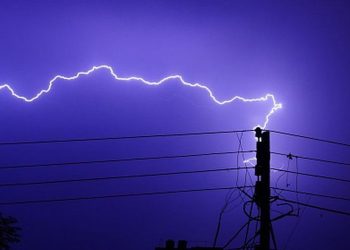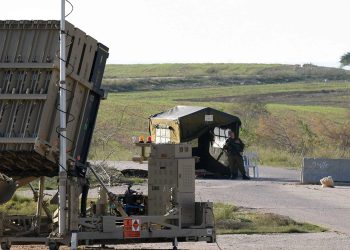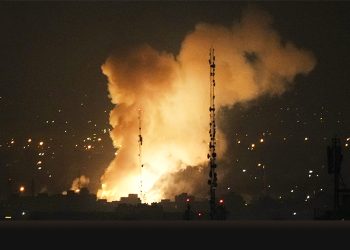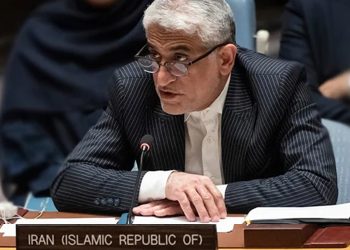Sixteen years have passed since the tragic 2008 Mumbai terror attacks, an event that continues to impact countless lives.
The attacks, which took place between November 26 and November 29, were a series of coordinated shootings and bombings carried out by 10 alleged members of Lashkar-e-Taiba. Spanning four harrowing days, the violence claimed 175 lives, including nine attackers, and left over 300 people injured. The global community united in condemning the atrocity.
Who was Ajmal Kasab?
Among the attackers was Mohammed Ajmal Amir Kasab, a 21-year-old from the impoverished village of Faridkot in Pakistan’s Punjab province. Kasab, a school dropout and former laborer, became infamous as the sole gunman captured alive. He, along with an accomplice, launched a brutal assault at Mumbai’s Chhatrapati Shivaji Terminus, killing 52 people and injuring over 100.
According to reports, Kasab had joined the banned Pakistan-based Islamist group Lashkar-e-Taiba seeking weapons training, initially motivated by aspirations for a life of crime.
However, some accounts suggest he was misled by his father, who sought financial benefit. Following his capture, Kasab first denied involvement but later confessed to his role in the attacks and his training under the terrorist group.
In 2012, the Supreme Court of India upheld Kasab’s death sentence, and after his final appeal for clemency was rejected, he was executed on November 21, at the age of 25. His execution marked the conclusion of one of the most haunting chapters in India’s fight against terrorism.







